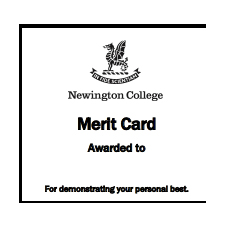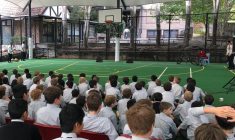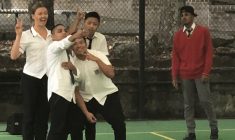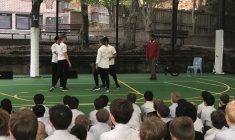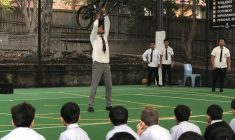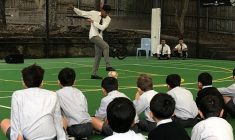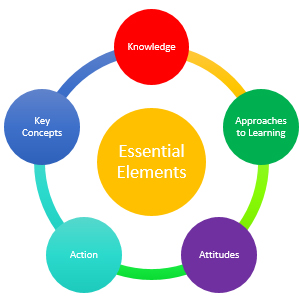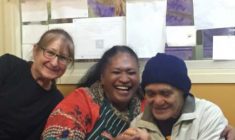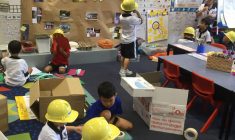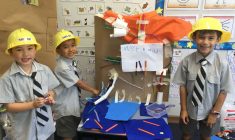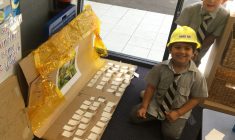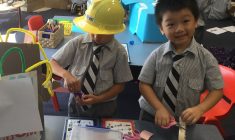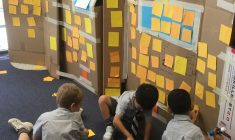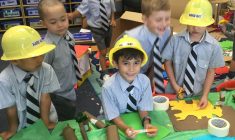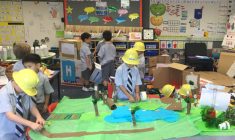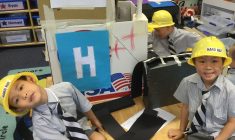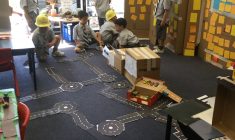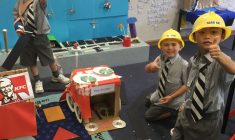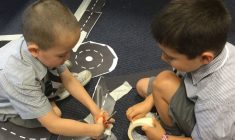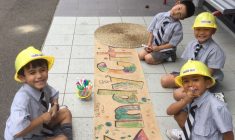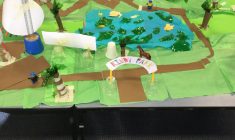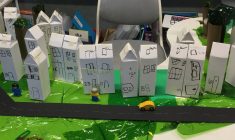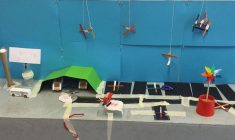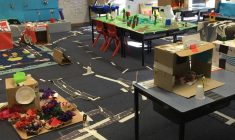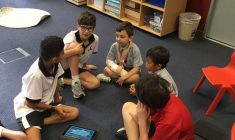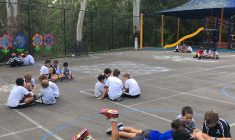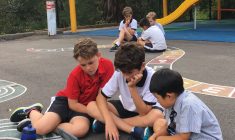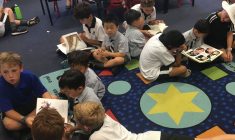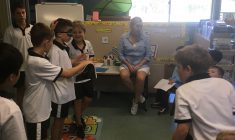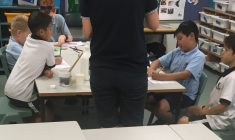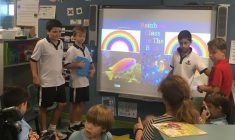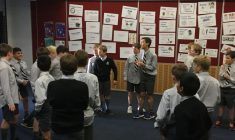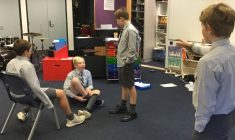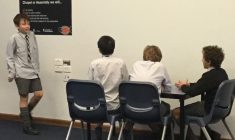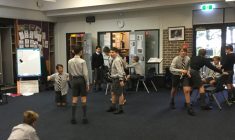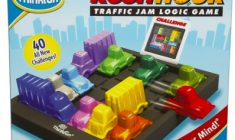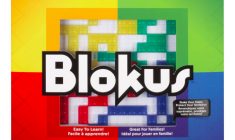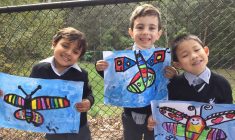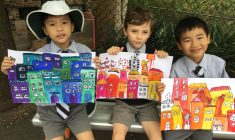A Message from the Head of Lindfield
Is it Better to be Good or Smart?
I was reading a book by Michael Parker about ethics for kids on the weekend and he posed this interesting question. If you had the choice, would you want children who are good people or smart? I have asked this question to a couple of parents this week and the ‘good person’ response won hands down. How do we teach our boys to be ‘good people’?
The Commission into Institutional Responses to Child Abuse and the current Banking Royal Commission are peppered with examples of unethical and terrible behaviour. Many people knew of the actions of the perpetrators and did nothing about it, or worse, tried to cover it up. These are disturbing examples of people, often people with high moral and leadership authority, who lost their moral and ethical compass. The lessons from the last couple of years show us that a values-based education is an important part of the holistic learning that schools provide.
Parker’s book is very interesting when we think about how to develop our children’s moral compass. I have borrowed some of his ideas and questions for this article. The big question is, how do our boys develop their moral compass? Schools, religious affiliations, media, peers and family all impact the way individuals interact with the world around them. In terms of influence, all other influences pale in comparison to the influence of a boy’s parents.
Developing a strong, moral compass in your child can be achieved through a framework of clear family values, good role modelling and sharing wisdom and experience. Your son needs to think and discuss wicked problems (problems where there is no clear or attractive answer). It is helpful to expose our boys to different perspectives and difficult situations by discussing them.
I was teaching in a Year 6 classroom on Monday and I posed the question- ‘Is it ever okay to lie?’ The response was a clear ‘no’. I asked about different situations where we don’t actually tell the truth – the mother who gushed over their child-made present, but didn’t ever want to see another macaroni necklace again or the father holding up another pair of “Best Dad Ever” socks saying “You can never have too many pairs of socks”! The boys were able to give other examples where telling the truth may not be kind or helpful.
I then asked ‘What is stealing?’. I said ‘I have borrowed a pencil from a pencil case without permission, but I had returned it, is that stealing?’ I then said ‘I have borrowed another pencil and had forgotten to return it, is that stealing?’ Then I said ‘I have taken Mr Czerwenka’s bag and hidden it in the bush as a joke, is that stealing?’ Many other examples followed. I finished my time with them asking, ‘Is it ever okay to steal?’, the boys gave me an emphatic ‘no’. I asked about the legend of Robin Hood (who robbed from the rich and gave to the poor) and asked what would they do if their family was starving and they needed to steal food to survive? A very lively discussion ensued.
There is a line of thinking that says parents should not push their own agenda about values and ethical behaviour. I disagree on this point, certain behaviours are respectful and kind and other behaviours are not. Imposing clear ethical standards may make many parents worry that this will impact their ability to be friends with their children but your role is to guide and help them frame their world (the good news is that your children really do not want you as their friend anyway).
Setting out clear expectations is vital to help your children develop their own values framework. An example may be: In this house we value respect and responsibility, so it is an expectation that we will help each other (turning on the T.V. each night is not considered a significant contribution) and it is also a fundamental right to not live in a house that resembles a tip.
If you are keen to tackle ethical conversations with your sons, remember a couple of things:
- Let your son lead the discussion and build off what he has said;
- Don’t expect them to agree with you, or insist that they do so;
- Resist the temptation to provide the final word, or come in as the expert with the answer;
- Make sure you have a clear set of values which guide how you make difficult ethical decisions e.g., our family values honesty so I would never steal, even if we were very poor.
Talking values with your son can be some of the most interesting conversations you will have. Below are some resources to get you started.
Resources
A great resource to get you started is the Short and Curly Podcast, listen to it with your kids and the ethical conversations will start flowing.
Some of the blogs topics are:
Should We Ban Lollies?
Should You Eat Your Pet?
Is Dumbledore as Great as He Seems?
Should You Move To Mars?
For a counterview on mainstream family values and ethics (every parent has a unique value set), Harry Wormwood teaches his children ethics in the movie Matilda.
https://www.youtube.com/watch?time_continue=101&v=Pks7q2qyM-s
Parker, M. (2014). Talk with your kids: Ethics. Edgecliff: Jane Curry.
Ben Barrington-Higgs



